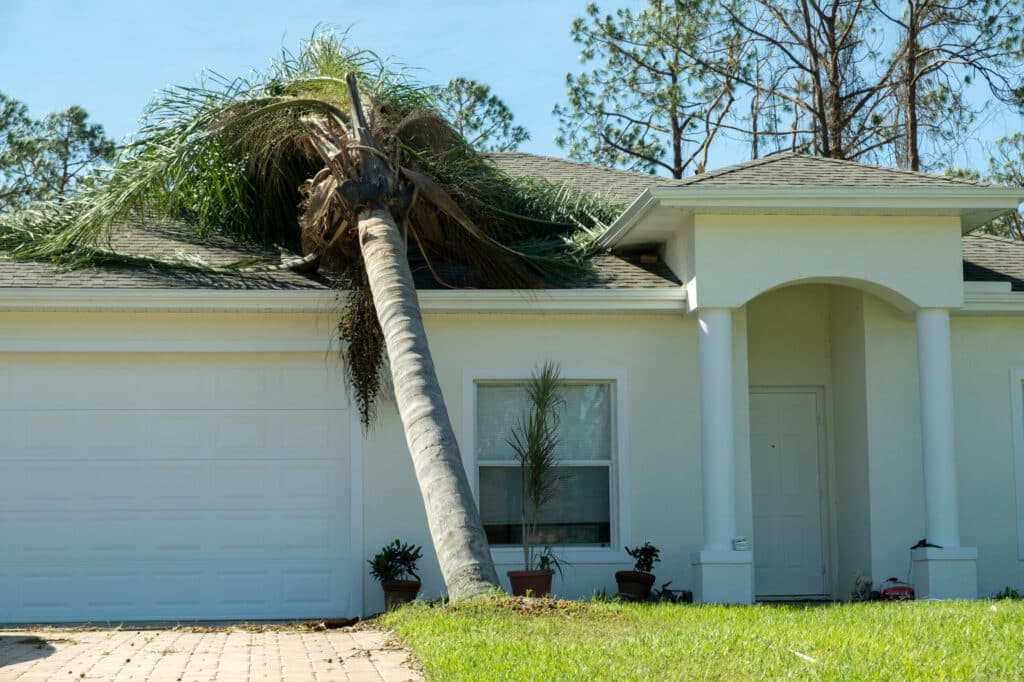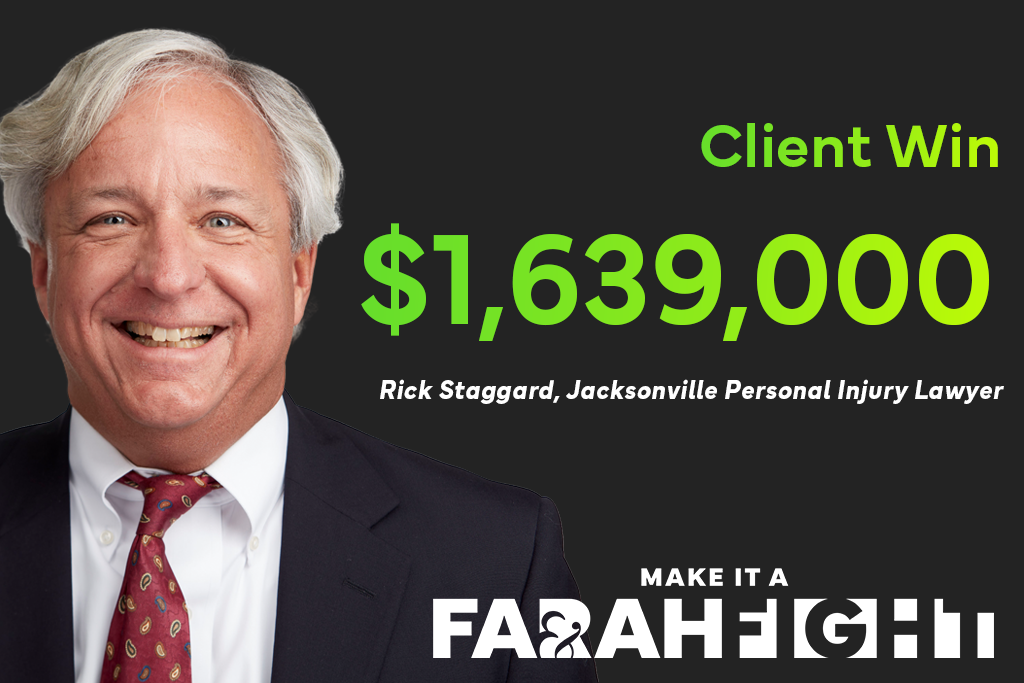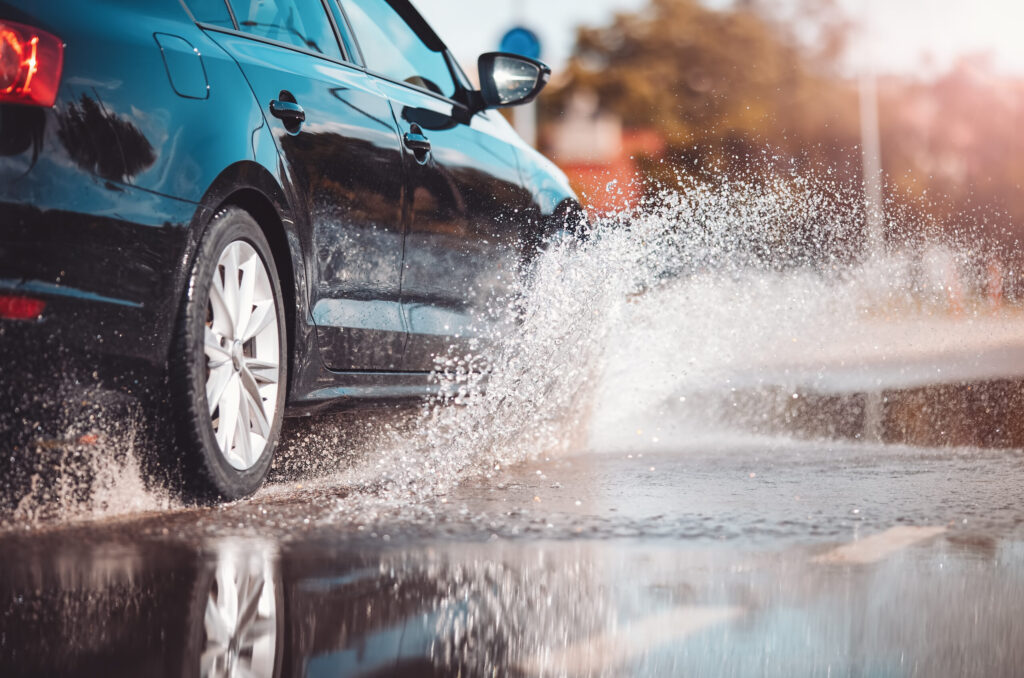Hurricane Debby made landfall in the United States earlier this week and wreaked havoc as it traveled across the state. Homeowners living in Florida may see flooding, power outages, and more as a result of the storm. Tropical storms and hurricanes like Debby can cause a lot of property damage, which may mean wrestling with your insurance company to make a claim.
Is Storm Debby a Hurricane or a Tropical Storm?
Debby made landfall in the Big Bend area of Florida’s Gulf Coast as a Category 1 hurricane with wind speeds of 80 miles per hour. There, it caused flooding, power outages, and four deaths. As Debby moved across the state towards the Atlantic, the winds slowed to around 70 miles per hour, causing the storm to be downgraded to a tropical storm. If the winds pick back up to 74 miles per hour or more, the storm would be reclassified again as a hurricane.
What Does This Mean for My Insurance Claim?
Hurricane damage isn’t always covered by standard homeowners insurance policies. Special hurricane insurance, flood insurance, and wind and hail insurance policies are often needed to cover damage caused by such storms. The special insurance policies should still cover damage caused by the storm as long as the type of damage falls under the policy’s coverage. For example, flood insurance should still cover flood damage whether the storm was a hurricane or a tropical storm. The deductible may be different, however, if the storm is not actually classified as a hurricane.
Hurricane Deductible vs. Standard Deductible
Many homeowners’ insurance policies have specific hurricane deductibles that are separate from standard deductibles. These are typically higher and apply specifically when damage is caused by a hurricane. Hurricane deductibles are usually a percentage of the home’s insured value, often ranging from 1% to 5%. If the damage is caused by a tropical storm rather than a hurricane, the standard deductible may apply instead of the higher hurricane deductible.
Claims Filing for a Hurricane vs. a Tropical Storm
Depending on your insurance policy and insurance carrier, the claims filing process may differ. Some insurance companies have special forms to fill out or claims processes specific to storms classified as hurricanes that wouldn’t apply to a tropical storm.

If you were injured in an accident due to someone else’s negligence, Farah & Farah is here for you. We’ve relentlessly fought for the right to compensation for our clients and their families since 1979.
Potential Storm Debby Damage
The storm damage that hurricanes can cause ranges from flood damage to wind damage and more, depending on the storm. Hurricane Debby caused storm surges and flooding in Florida and, despite its downgrade to a tropical storm, brought the same across northern Florida as it moved towards the Georgia and South Carolina coast on the Atlantic, with 11-20 inches of rain pouring down on the state. Much of the damage done by Debby was flood-related but that’s by no means the only type of damage this destructive storm could have caused.
Roof Damage
There can be a very fine line between hurricanes and tropical storms when it comes to roof damage. While the winds of a tropical storm aren’t quite as fast as those of a hurricane, they’re still destructive. Shingles or tiles or even entire sections of roof could be lifted up and blown away resulting in rain leaking into the home, trees can be blown over onto a roof, and more.
Flood Damage
Debby caused storm surges and flooding when it made landfall, which can damage personal property and business inventory. There’s also less obvious damage that can occur when floodwaters seep into building foundations.
Damage to Vehicles
Floodwaters can also damage vehicles because the waters can rise into the undercarriage and damage the engine and other components, leading to a total loss of the vehicle. Winds could cause trees to fall on cars. Comprehensive car insurance policies should cover both hurricane damage and tropical storm damage.
Structural Damage
Floods can cause water to seep into home foundations, which can compromise the structural integrity of the building. Winds can also threaten a home’s structure by sending large objects flying into the walls or toppling a tree over on top of the house.
What To Do If Your Florida Property Has Been Damaged by Storm Debby
If your home or business has been damaged by a hurricane or tropical storm, there are important steps you should take in order to maximize your insurance claim:
- Ensure your and others’ safety first
- Document all of the damage
- Take steps to prevent further damage, if needed
- Contact your insurance company as soon as possible
When Should You Contact an Attorney About Hurricane Damage in Florida?
It costs insurance companies money to pay out claims. Even if your home or other property has suffered Debby damage covered by your insurance policy, your insurance company may be reluctant to pay out what you’re owed. The insurance provider may even deny your claim.
At Farah & Farah, we recommend that you involve an experienced hurricane damage attorney right away so we can help you from the beginning and ensure that you do everything right in the initial claims filing process. Many homeowners and property owners don’t think to contact an attorney until their claim is denied, however. If this has happened to you, you’re not too late. Contact Farah & Farah for a free consultation and we’ll see if we can help you fight the insurance company that is denying you the claim you need to make yourself whole again after the damage caused by Storm Debby.










